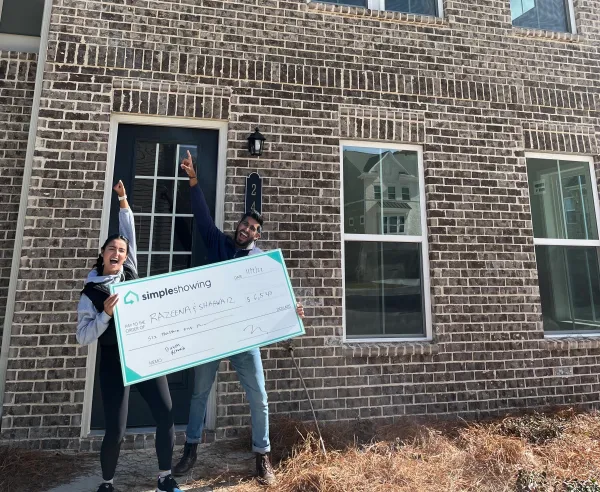Buying a house is one of the biggest purchases you’ll ever make, and it’s important to get it right. Negotiating the price of a house can be intimidating, but with the right strategy, you can get a great deal.
When it comes to negotiating the price of your dream home, there's more to consider than just the home purchase price. Other factors, such as the local housing market and closing costs, can greatly affect the home's final selling price.
How You Can Negotiate the Home Price
Here are some tips on how to negotiate the price of a house. In a buyer's market, you may have more negotiating power at the negotiation table, but in a seller's market, it's important to have the support of experienced real estate professionals, including a local real estate agent and mortgage lender.
Determine Your Maximum Offer
When it comes to negotiating the purchase price, it's important to remember that the original asking price can often be just a starting point in a hot market. If there are multiple offers, consider using an escalation clause. This could help you beat other prospective buyers and allow you to set a cap on your offer.
Use your research on the local market and the house's condition to make a strong offer that's realistic and fair.
It's important to have a solid understanding of what you can afford when it comes to your down payment and monthly mortgage payments and closing costs.
Understand the Stipulations and Contingencies
Understand how a financing or appraisal contingency could hurt you if not structured properly in the offer. And when it comes time to other terms, such as closing costs, make sure you understand what they are and who is responsible for paying them.
Make a Strong Offer
When you’re ready to make an offer, make it strong. A strong offer is one that is competitive, but not excessive. Consider offering a little more than the asking price, but not so much that you’ll be stretching your budget. Include a pre-approval letter from your lender to show the seller that you’re serious about buying the house.
Be realistic about what you can afford and what the seller is willing to accept. Don’t waste your time (or the seller’s) with lowball offers that are unlikely to be accepted. Similarly, don’t make an offer that is higher than what you can afford just to secure the deal. Be honest and reasonable, and you’ll have a better chance of reaching an agreement that works for everyone.
Consider Days on Market
If the home has only been on the market one or two days, be prepared to make a full price offer with strong terms. If the home has been on the market for more than two weeks, you'll have some room to negotiate with the price as well as the terms.
Consider Inventory in the Area
If there are virtually no comparable, substitute homes for sale (or very few), you can expect to have very little negotiating power as the buyer. Conversely, if there is an abundance of similar properties, you will have a significant adavantage when it comes to structuring your offer.
Keep Emotions in Check
Once you’ve made your offer, it’s time to negotiate. This is where your research will come in handy. If you’re making an offer that is below the asking price, be prepared to explain why. Use your research to back up your offer, and be prepared to compromise. For example, you might offer to close the deal quickly or waive certain contingencies to sweeten the deal for the seller.
Buying a house can be an emotional experience, but it’s important to keep your emotions in check when negotiating. Don’t let your attachment to the house cloud your judgment or cause you to make an offer that is higher than what you can afford. Remember, there are other houses out there, and you’ll find the right one eventually.
Consider Hiring a Real Estate Agent
Finally, consider hiring a real estate agent to help you negotiate the price of a house. A good agent can help you navigate the complex process of buying a house and negotiate on your behalf. They can also provide valuable insights into the local real estate market and help you find the right home at the right price.
Have Your Pre approval Letter Ready
By being prepared and working with a knowledgeable mortgage lender, you can be better equipped to negotiate a house price that fits within your budget and how much you could theoretically go over asking price, if necessary. A good lender can show you how to get you pre-approved even if you have a challenging credit profile.
Conclusion
Before making an offer on a house, do your research. Look at comparable homes in the area and see what they sold for. Check out the current real estate market and see if it favors buyers or sellers. This information will help you determine what a fair price is for the house you’re interested in.
Negotiating the price of a house requires research, realism, and strategy. By doing your homework, making a strong offer, negotiating wisely, and keeping your emotions in check, you’ll increase your chances of getting a fair deal. And if you need help, don’t hesitate to hire a real estate agent to guide you through the process. Good luck!






